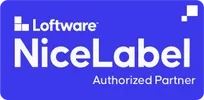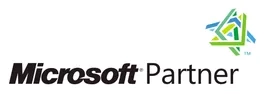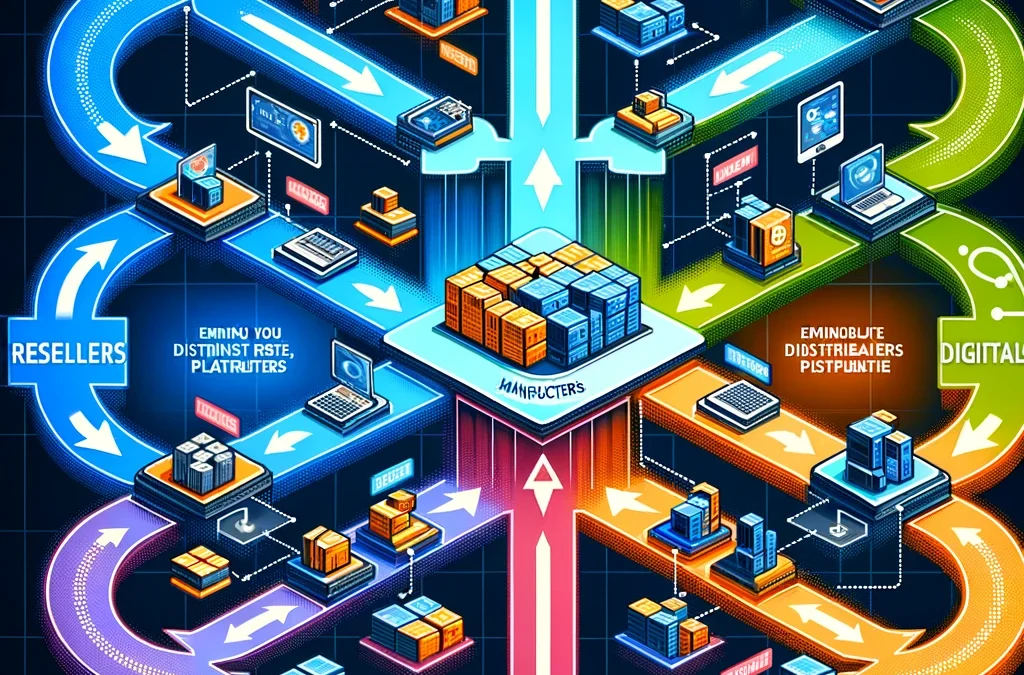In the bustling corridors of the tech industry, hardware distributors once stood as gatekeepers, bridging the gap between manufacturers and resellers. These middlemen played a crucial role, holding vast inventories, providing logistical support, and ensuring a smooth flow of products from creation to consumer. However, in today’s rapidly evolving market, the role of hardware distributors has diminished, revealing a stark reality: they have become an unnecessary middleman offering little to no value to resellers.
The majority of hardware distributors are burdened with outdated systems that are rife with errors and plagued by slow processes. These antiquated technologies often lead to significant inefficiencies, causing delays and inaccuracies that frustrate both resellers and manufacturers. With a reliance on legacy systems, these distributors struggle to keep pace with the speed and precision required in today’s fast-moving market. The result is a cumbersome, error-prone process that undermines their value proposition and further highlights their obsolescence in an era where digital platforms offer seamless, real-time interactions and streamlined operations.
A Changing Landscape
The tech landscape has transformed dramatically over the past decade. With the advent of advanced logistics systems, streamlined supply chains, and digital platforms, the need for intermediaries like hardware distributors has significantly decreased. Today, resellers can connect directly with manufacturers, bypassing the distributor’s layer entirely.
The Inventory Illusion
In the past, distributors held extensive inventories to meet the demands of resellers quickly. This practice ensured that products were readily available, reducing lead times and maintaining a steady supply. However, in the present day, most distributors hold minimal inventory. Instead, they operate on a just-in-time basis, placing purchase orders with manufacturers only after receiving orders from resellers.
This shift has exposed a glaring issue: distributors are no longer the inventory buffers they once were. They simply relay orders from resellers to manufacturers, adding a layer of delay rather than reducing it. For resellers, this means longer wait times and no tangible benefit from involving a distributor.
The Cost Conundrum
Distributors charge a percentage for their services, which includes taking orders from resellers and placing purchase orders (POs) with manufacturers. This percentage often eats into the profit margins of resellers, who are left wondering what value they are getting for the additional cost. In reality, this fee represents a redundant expense, as resellers could easily place orders directly with manufacturers themselves.
The Digital Revolution
The rise of e-commerce and sophisticated digital platforms has further diminished the role of distributors. Resellers now have access to comprehensive online portals where they can browse products, compare prices, and place orders directly with manufacturers. These platforms offer real-time updates on inventory levels, order status, and delivery tracking, providing more transparency and control than traditional distributors ever could.
The Value Proposition
In today’s market, the value proposition of hardware distributors has become increasingly questionable. They no longer provide substantial inventory management, logistical advantages, or cost benefits. Instead, they act as a pass-through, adding unnecessary steps and costs to the supply chain.
Conclusion
The evolution of technology and supply chain management has rendered traditional hardware distributors obsolete. As resellers embrace direct relationships with manufacturers, the need for these middlemen continues to wane. In a world where efficiency and cost-effectiveness are paramount, cutting out the unnecessary layers is the logical step forward. Hardware distributors, once vital cogs in the tech industry machine, now stand as relics of a bygone era, their value diminished and their relevance questioned.









